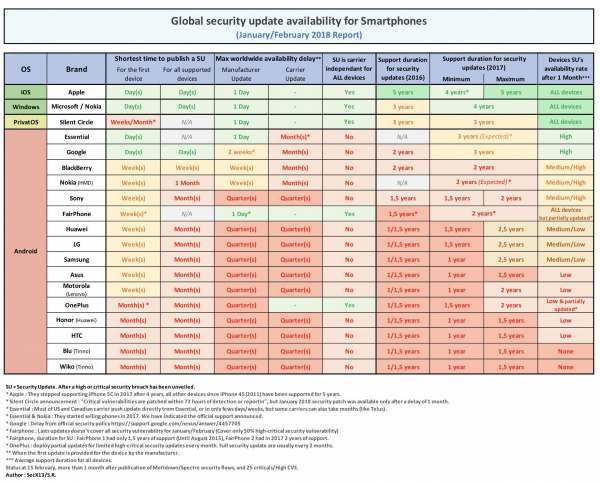I really wish I was exaggerating, but these seven reasons are the main ways Apple critics attempt to explain why someone would choose to buy products critics believe are both overpriced and inferior to their competition. Because if you’ve already come to the conclusion that Apple products are overpriced and inferior, but hundreds of millions of people still buy them, the only conclusion must be that there is something seriously wrong with the people who buy them.
China: The Face-Scanning Dystopia →
China is rife with face-scanning technology worthy of Black Mirror. Don’t even think about jaywalking in Jinan, the capital of Shandong province. Last year, traffic-management authorities there started using facial recognition to crack down. When a camera mounted above one of 50 of the city’s busiest intersections detects a jaywalker, it snaps several photos and records a video of the violation. The photos appear on an overhead screen so the offender can see that he or she has been busted, then are cross-checked with the images in a regional police database. Within 20 minutes, snippets of the perp’s ID number and home address are displayed on the crosswalk screen. The offender can choose among three options: a 20-yuan fine (about $3), a half-hour course in traffic rules, or 20 minutes spent assisting police in controlling traffic. Police have also been known to post names and photos of jaywalkers on social media.
The system seems to be working: Since last May, the number of jaywalking violations at one of Jinan’s major intersections has plummeted from 200 a day to 20. Cities in the provinces of Fujian, Jiangsu, and Guangdong are also using facial-recognition software to catch and shame jaywalkers.
Virtual Wearables Demo →

Study: iOS Security Updates are Best in Industry →
SecurityLab shared their analysis of smartphone manufacturers' security updates, focusing on four specific questions:
- The shortest time to publish a security update following discovery of a vulnerability
- The maximum delay in making the update available to all
- Whether or not updates were independent of carriers
- How long a device is supported with security updates
The top-rated brand was Apple, scoring green in all categories. Of Android brands, just two scored reasonably highly.
Apple's had an embarrassing rough patch of bad software bugs in the past few months, but they're the fastest in the industry at patching it up.
Study: Apple Maps vs. Google Maps. vs. Waze →
Artur and his wife spent most of 2017 testing the top three navigation apps to answer three questions:
- Which navigation app estimates the shortest travel time?
- How does each app over/underestimate travel times?
- Which navigation app actually gets you to your destination most quickly?
After 120 trips that required the two leaving the same origin to get to the same destination, his numbers came to the final conclusion:
If you want to get to your destination most quickly, use Google Maps.
If you want an accurate prediction from your navigation app to help you arrive at your destination on time, use Apple Maps.
If thinking you’ll get to your destination quickly helps to ease your commuter anxiety, use Waze.
What is the Future of Mac Apps? →
The rumor of Apple converging iOS and macOS is starting to make a whole lot of sense.
Whopper Neutrality →
A simple yet brilliant way of explaining Net Neutrality
I'm still trying to wrap my head around it, but so far this is the best explainer video I've seen.
Apple Slowing Down Old iPhones →
Brian X. Chen of NYT:
What Apple is acknowledging is a power management technique in which the iPhone scales back processing power to keep the device running for longer when its battery health is low. Lithium ion batteries have a limited number of charge “cycles” before they can no longer be recharged properly. Apple’s website says the battery loses about 20 percent of its original capacity after 500 charge cycles.
In other words, if your iPhone is beginning to run out of battery capacity, these slowdowns might kick in to keep it running for longer or prevent it from shutting down unexpectedly.
This isn't a ploy to get old iPhone customers to upgrade. On the contrary, this is an engineering decision made to keep your old iPhones running longer.
Engineering-wise, I think Apple made the right decision. But user experience-wise, I definitely think Apple needs to better communicate these limitations of lithium ion technology, especially when an iPhone customer's battery has degraded past a certain threshold.
Every iPhone customer should know the cheapest solution is to replace the battery through Apple for $79.